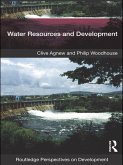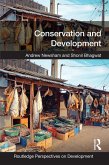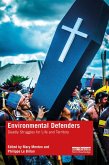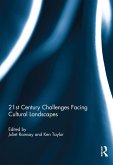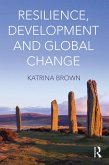This is the first textbook on social science research methods for use in the expanding and increasingly multidisciplinary field of environmental conservation. It is divided into five useful sections and illustrated throughout with practical examples of conservation-related research from different parts of the world (Europe, the Americas, Africa, Asia, Australia) and different ecosystems (forests, grasslands, desert, marine and riverine systems, as well as farmland and home gardens). It will be an invaluable tool in the training of the next generation of conservation professionals.
Dieser Download kann aus rechtlichen Gründen nur mit Rechnungsadresse in A, B, BG, CY, CZ, D, DK, EW, E, FIN, F, GR, HR, H, IRL, I, LT, L, LR, M, NL, PL, P, R, S, SLO, SK ausgeliefert werden.



